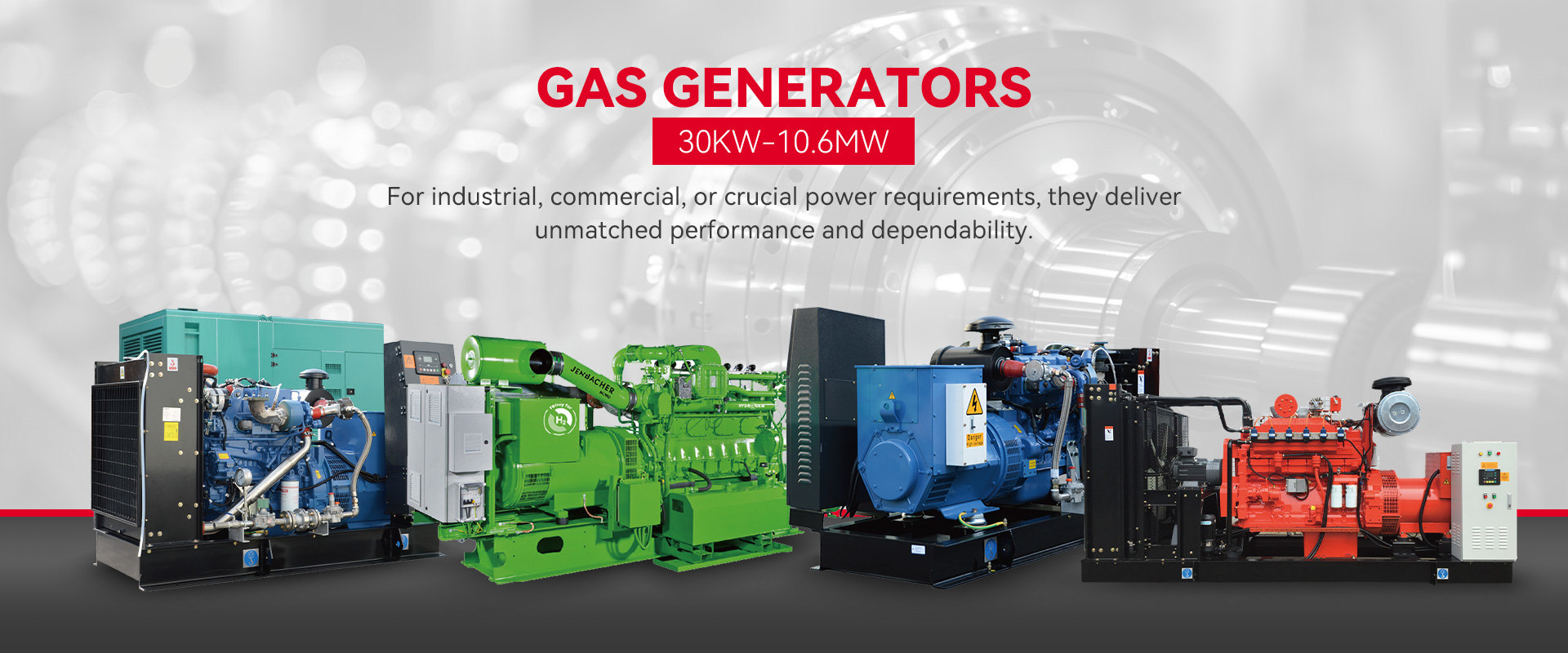Natural Gas Versus Diesel: Which Generator Set Is Best For You?
In the realm of backup power generation, two prominent options stand out: natural gas and diesel generators. If the power quickly scans the blogosphere, along with the requirement of it will become critical, selecting the most appropriate generator set could make a huge difference. But exactly how does one decide between natural gas and diesel generators? Each has its own list of pros and cons, along with the choice ultimately depends on your particular needs and circumstances.

In this post, we’re going to explore the distinctive features, advantages, and downsides of gas and heavy duty diesel generators sets, making it possible to produce a well-informed decision on what option aligns best using your needs.
Gas Generators
Advantages
Cleaner Emissions: One of the primary features of natural gas generators could be the lower environmental impact. When gas main burns, it generates fewer harmful emissions, like particulate matter, nitrogen oxides, and sulphur dioxide, compared to a diesel genset. As a result natural gas generators a greener decision for those concerned with air quality and environmental sustainability.
Cost-Effective Fuel: Propane is frequently less costly than diesel fuel. The charge savings may be significant in the long run, notably if you plan to use your generator frequently. Furthermore, the provision of gas main is commonly more stable, reducing price fluctuations.
Less Maintenance: Natural gas generators typically require less maintenance than their diesel counterparts. This comes from the cleaner-burning nature of natural gas, which ends up in fewer deposits and soot buildup inside the engine, extending the generator’s lifespan.
Quieter Operation: Propane generators provide quieter operation. It is a vital consideration in residential areas and settings where environmental noise must be minimized.
Disadvantages
Limited Fuel Storage: A drawback of gas main generators is the attachment to a continuing supply of gas main. This could be problematic during extended power outages or even in remote places that an even gas supply might not be available.
Lower Energy Density: Gas main carries a lower energy density when compared with diesel, meaning you may require a larger storage capacity or maybe more frequent refuelling for similar power output.
Lower Fuel Efficiency: Gas generators are usually less fuel-efficient than diesel generators, which may increase operational costs in the end.
Lower Portability: Due to requirement of a dedicated propane supply, these generators are less portable and versatile than diesel generators.
Diesel Generators
Advantages
High Energy Density: Diesel fuel enjoys its high energy density. This implies diesel generators can provide more power inside a smaller package, making them suited to applications where space is bound.
Fuel Storage: Diesel generators hold the good thing about being able to store fuel longer periods without degradation. This will make them a reliable selection for backup power in remote locations and during long-term power outages.
Fuel Efficiency: Diesel generators have fuel efficiency, consuming less fuel for the similar power output as gas main generators. This results in lower operational costs.
Greater Reliability: Diesel engines are typically better and durable, be a catalyst for greater reliability in demanding conditions. They can be the go-to choice for mission-critical applications.
Disadvantages
Emissions and Environmental Impact: Diesel generators emit higher numbers of pollutants, including nitrogen oxides and particulate matter, which may have uncomfortable side effects on air quality and public health. Stricter emissions regulations happen to be carried out mitigate these issues.
Noise Levels: Diesel generators are usually noisier than gas generators, which is often a concern in areas or where noise pollution is really a consideration.
Fuel Availability and Cost: Diesel fuel could be more costly and be subject to price fluctuations. Additionally, storing large volumes of diesel fuel can pose safety and environmental risks.
Maintenance Requirements: Diesel generators typically require more frequent maintenance because of soot and carbon buildup inside the engine, which could raise the price tag of ownership.
When you ought to Choose Propane Generators?
Environmental Concerns: In case you prioritize environmental sustainability and cleaner emissions, a natural gas generator could be the strategy to use.
Personal savings: If you’re planning to reduce fuel costs over the long term and possess usage of the best propane supply, propane generators might be more cost-effective.
Quiet Operation: In areas or places where noise levels have to be kept to a minimum, propane generators will be the quieter choice.
Less Frequent Use: If the generator serves as a backup for infrequent power outages, the low maintenance requirements of gas main generators cause them to become an expedient option.
When you ought to Choose Diesel Generators?
High Power Requirements: If you need a high-power output within a compact package, diesel generators, with their high energy density, include the better choice.
Reliability: For mission-critical applications where reliability is key, such as data centres or healthcare facilities, diesel generators will often be preferred because of the robust and durable engines.
Remote Locations: In areas with limited access to an all-natural gas supply or during long-term power outages, diesel generators using their reliable fuel storage will be the better choice.
Frequent Use: In case your generator will see frequent use and also you prioritize fuel efficiency, diesel generators could be less costly in the long run.
Conclusion
The decision between natural gas and diesel generators is determined by your unique requirements, budget, and environmental concerns. Both varieties of generators have their own positives and negatives, and the secret’s to carefully evaluate your needs and priorities before you choose. Additionally, make sure to understand local regulations and emissions standards that could affect your decision.
For more information about gas generator view our new web page